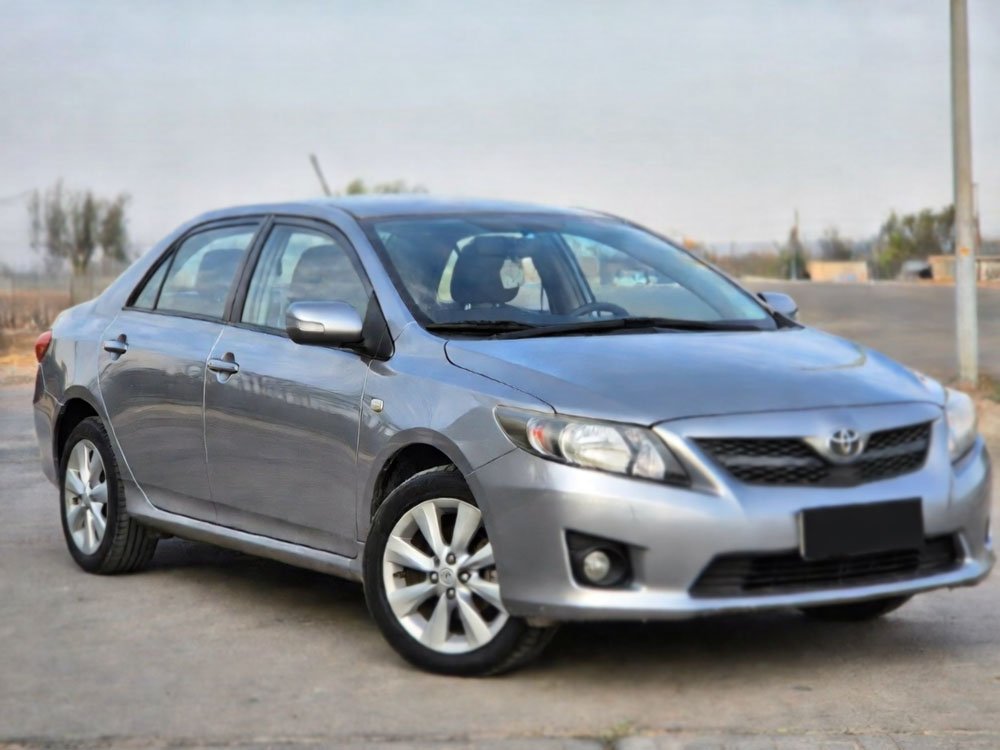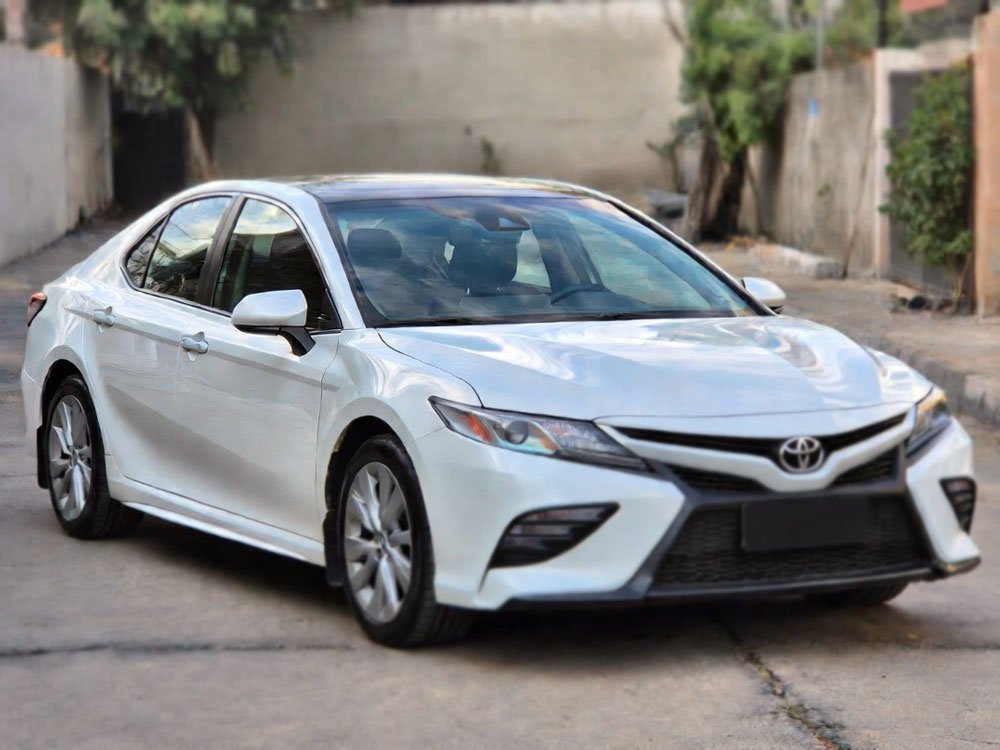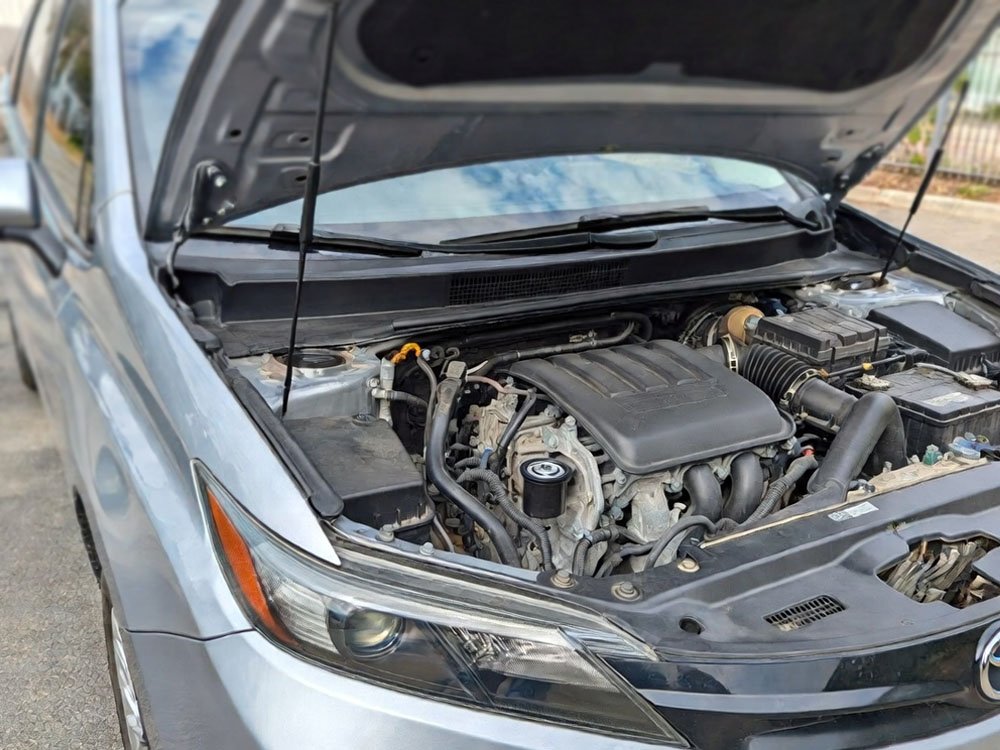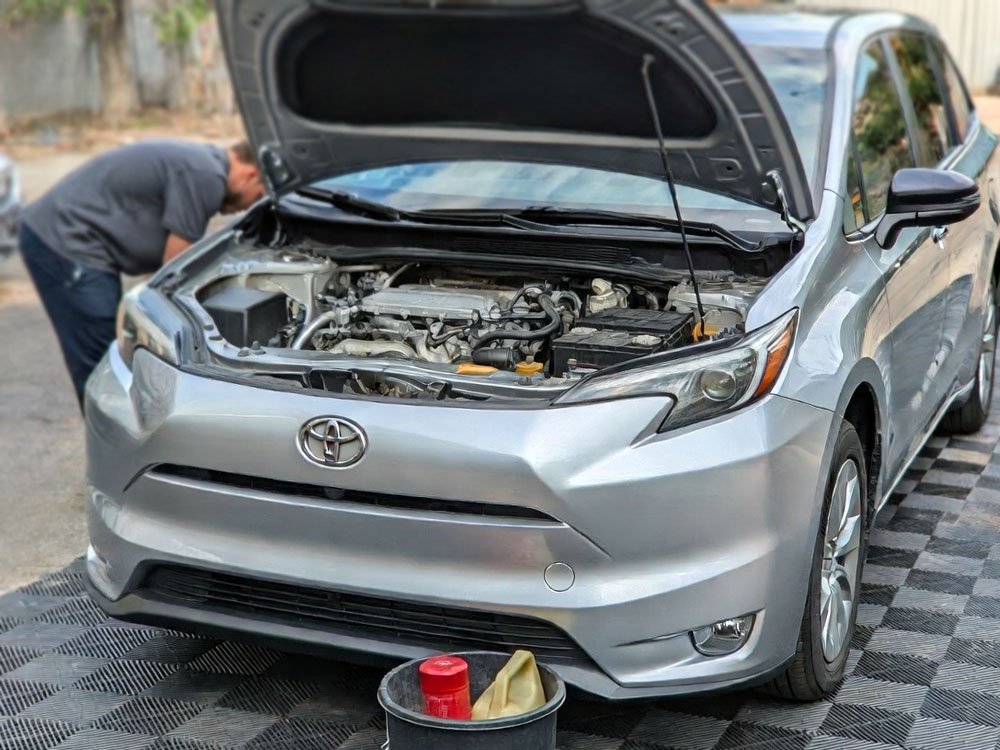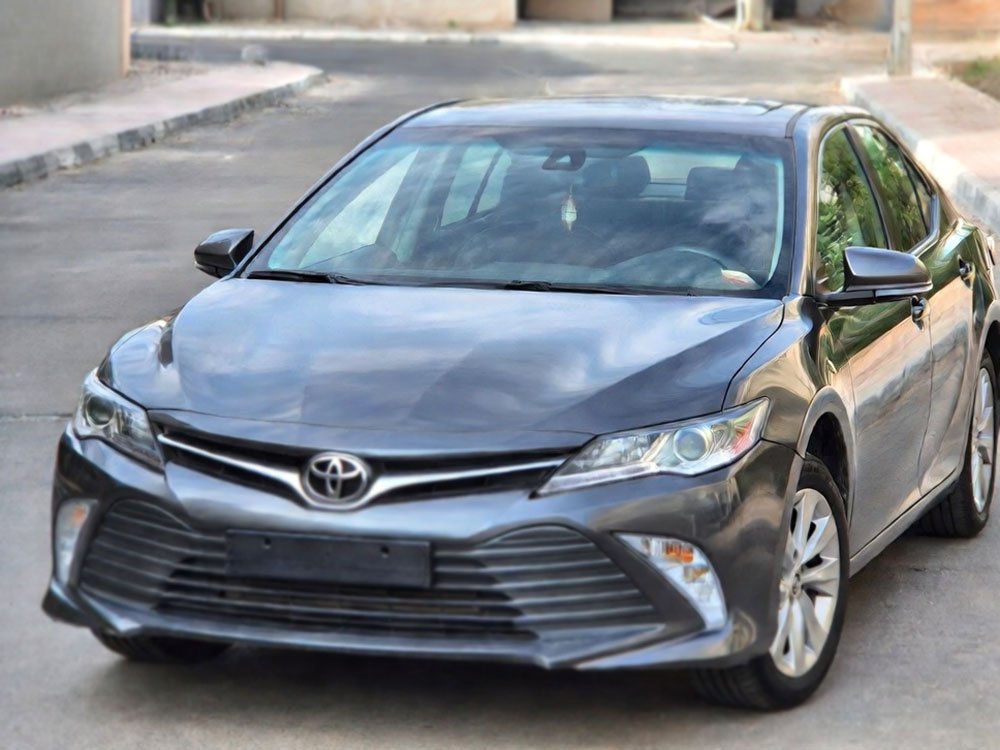As an Amazon Associate, I earn from qualifying purchases at no extra cost to you.
How Much Does It Cost to Replace a Radiator?
Replacing a radiator can be a big task, and knowing how much it will cost is a big question for anyone needing a new one. If your car's radiator is giving you trouble, or if your home heating system is acting up, you're probably wondering about the cost involved in getting a new radiator installed. In this guide, we'll break down the costs in a fun and easy way, so you'll know exactly what to expect when it's time for a radiator replacement. Let's dive in!
Understanding the Costs: What Affects the Price of a Radiator Replacement?
When it comes to replacing a radiator, there isn't a one-size-fits-all answer. The cost can vary depending on several factors, including the type of radiator, the brand, the location, and whether you're replacing a car radiator or a home heating radiator. In this section, we'll go over the main factors that affect the price of a radiator replacement.
Type of Radiator
One of the first things that will affect the cost of a radiator replacement is the type of radiator you need. For example, if you are replacing a car radiator, it will cost differently compared to a home heating radiator. Car radiators are usually cheaper, but the labor can be more expensive. On the other hand, home heating radiators can be more expensive in terms of the unit price, but the labor is often simpler.
Car radiators generally range from $150 to $800, depending on the make and model of your car. High-end vehicles may cost even more. Home heating radiators, which are typically cast iron, aluminum, or steel, can cost anywhere between $100 to $1,500 or more, depending on their size, style, and energy efficiency.
Brand and Quality of the Radiator
Just like with other products, the brand and quality of the radiator will play a significant role in determining the cost. Well-known brands or premium products tend to be more expensive, but they also offer better quality, longer life, and sometimes a warranty. When choosing a brand, it’s important to consider your budget, but also your long-term needs.
Cheaper radiators might save you money upfront, but they may not last as long and could require more frequent replacements. Higher-end radiators are usually built to last longer and are often more energy-efficient, which could save you money in the long run.
Labor Costs
Labor costs are another key factor in the overall price of replacing a radiator. Labor can make up a large portion of the total cost, especially for car radiators. Mechanics often charge hourly rates, which can range anywhere from $75 to $150 per hour. The amount of time required to replace a radiator depends on the complexity of the job. Some radiators can be replaced in just a few hours, while others might take a whole day.
For home radiators, if you're having someone install a new heating system or replace the old radiator, labor costs will vary based on your location and the contractor's rates. On average, you might pay between $50 and $100 per hour for an HVAC technician.
Location and Accessibility
Where you live can also affect the cost of a radiator replacement. Prices vary greatly depending on whether you are in a large city or a rural area. In larger cities, labor costs may be higher due to higher demand and cost of living, while in smaller towns, you might find slightly cheaper rates.
The accessibility of the radiator also impacts the labor cost. For instance, if a radiator is hard to reach or requires the removal of other parts to access it (like in some cars), the labor time will increase, leading to a higher overall cost.
Whether You Need Additional Parts or Repairs
If your radiator is not the only part that needs replacing or repair, that could add to the total cost. For instance, if there are leaks or issues with pipes in your home heating system, those problems might need to be addressed as well. In cars, if there are issues with hoses, thermostats, or the coolant system, those parts may need to be replaced too, adding extra cost.
It's also important to consider whether your car's cooling system needs a flush or if you need to replace other components like the radiator cap or thermostat. Each extra part or repair adds to the final bill.
Cost Breakdown: How Much Does it Actually Cost to Replace a Radiator?
Now that you have a good understanding of the factors that affect the cost of replacing a radiator, let's take a closer look at the typical costs you can expect. We'll break down the costs for both car radiators and home heating radiators separately.
Car Radiator Replacement Cost
When replacing a car radiator, the cost of the radiator itself can vary based on your car’s make and model. Here's a rough breakdown of what you might expect:
- Radiator Unit: $150 to $800 (depending on the car)
- Labor: $100 to $300 (based on hourly rates and the complexity of the job)
- Total: $250 to $1,100 or more (depending on the car and the garage)
In some cases, the cost can go higher, especially for luxury or foreign cars. For example, replacing a radiator in a luxury car like a BMW or Mercedes-Benz can cost upwards of $1,500. It's important to get quotes from several mechanics to make sure you're getting a fair price.
Home Heating Radiator Replacement Cost
For home heating systems, replacing a radiator involves both the cost of the new radiator and the labor to install it. Here's what you can expect:
- Radiator Unit: $100 to $1,500 (depending on size, type, and brand)
- Labor: $100 to $300 (based on location and installation time)
- Total: $200 to $1,800 or more (depending on the system and installation complexity)
If you’re installing an entire new heating system, which includes radiators, pipes, and controls, the cost will be significantly higher, often reaching several thousand dollars. On the other hand, replacing just one radiator is more affordable and could be done for as little as $200, including labor.
How to Save Money When Replacing a Radiator
Replacing a radiator can be expensive, but there are some ways to save money without compromising on quality. Here are a few tips to help you keep costs down:
1. Shop Around for Quotes
Whether you're replacing a car radiator or a home heating radiator, it's always a good idea to get several quotes from different mechanics or contractors. Prices can vary widely, so shopping around ensures you're getting the best deal.
2. Consider Aftermarket Parts
For car radiators, aftermarket parts (parts not made by the car's manufacturer) can be significantly cheaper than original equipment manufacturer (OEM) parts. If you're comfortable with it, aftermarket radiators can save you money without sacrificing quality.
3. Do Some of the Work Yourself
If you're handy with tools, consider doing some of the work yourself. For cars, you might be able to remove and replace the radiator on your own, which can save you money on labor costs. However, if you're not experienced, it's better to leave the job to the professionals to avoid mistakes.
4. Look for Discounts and Deals
Sometimes, mechanics or HVAC contractors offer discounts or seasonal deals, so keep an eye out for promotions. Additionally, check online or in local stores for sales on radiators, as you might be able to find a good deal on the unit itself.
5. Maintain Your Radiator to Avoid Future Replacements
Regular maintenance can help your radiator last longer, reducing the chances of needing a replacement too soon. For cars, this means keeping an eye on your coolant levels and getting regular maintenance checks. For home heating systems, bleeding the radiator and checking for leaks can prevent issues down the road.
I hope this article helped you understand how much it costs to replace a radiator and what factors affect the price. Whether you need to replace a car radiator or a home heating radiator, knowing what to expect can help you make informed decisions and avoid unexpected costs. Take the time to shop around and get quotes from professionals to ensure you're getting the best deal.
Frequently Asked Questions
Is it expensive to replace a car radiator?
Replacing a car radiator can be expensive, with costs typically ranging from $250 to $1,100, depending on the car model and labor involved.
Can I replace my home heating radiator myself?
While it's possible to replace a home heating radiator yourself if you have the right tools and knowledge, it's usually best to hire a professional to ensure proper installation and safety.
Do I need to replace all radiators in my home at once?
No, you don't need to replace all the radiators in your home at once. You can replace them one at a time as needed, though it might be more cost-effective to replace multiple units at once if your heating system is old.
Is it better to replace or repair a radiator?
In many cases, it's more cost-effective to replace a radiator, especially if it's old or badly damaged. However, if the damage is minor, a repair might be sufficient.
Can a radiator be repaired instead of replaced?
Depending on the damage, a radiator can sometimes be repaired. However, if it has a major leak or is severely damaged, replacing it is usually the best option.
Do I need a professional to replace a car radiator?
Yes, it's usually recommended to have a professional mechanic replace your car radiator to ensure the job is done correctly and safely.
Is it normal for a radiator to need replacement?
Over time, radiators can wear out due to normal use. It's normal to need a replacement eventually, especially if the radiator is leaking or showing signs of damage.
Can a leaking radiator be fixed without replacement?
A leaking radiator can sometimes be patched up temporarily, but in most cases, replacing the radiator is the most effective long-term solution.







